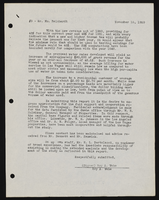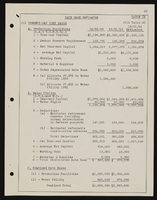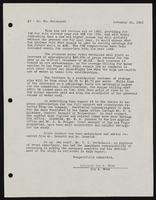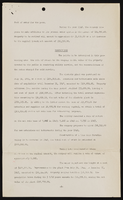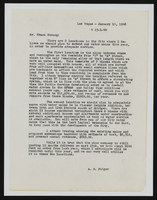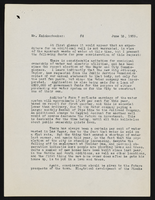Search the Special Collections and Archives Portal
Search Results
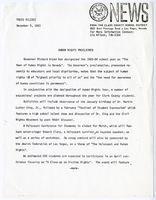
Human Rights Proclaimed press release from the Clark County School District, December 9, 1983
Date
1983-12-09
Archival Collection
Description
Press Release titled "Human Rights Proclaimed" from the Clark County School District.
Text
Pagination
Refine my results
Content Type
Creator or Contributor
Subject
Archival Collection
Digital Project
Resource Type
Year
Material Type
Place
Language
Records Classification




